 What’s the difference? If you’re jolly, aren’t you grateful? According to Dr. Robert Emmons, the author of THANKS! How the New Science of Gratitude can Make you Happier, while there are many things that we can be happy about, the uniqueness of gratitude is that we realize that we have received a gift that we don’t deserve. It’s “the acknowledgement of goodness in one’s life” and secondly “recognizing that the source(s) of this goodness lie at least partially outside the self.” We can only be grateful to others, not to ourselves, so it brings a sense of humility along with the gift.
What’s the difference? If you’re jolly, aren’t you grateful? According to Dr. Robert Emmons, the author of THANKS! How the New Science of Gratitude can Make you Happier, while there are many things that we can be happy about, the uniqueness of gratitude is that we realize that we have received a gift that we don’t deserve. It’s “the acknowledgement of goodness in one’s life” and secondly “recognizing that the source(s) of this goodness lie at least partially outside the self.” We can only be grateful to others, not to ourselves, so it brings a sense of humility along with the gift.
In contrast, offering grace at the family table, Bart Simpson prayed,
“Dear God, we paid for all this stuff ourselves, so thanks for nothing.”
Before becoming President, Donald Trump once stated,
“All of the women on The Apprentice have flirted with me-consciously or unconsciously. That’s to be expected.”
Gratitude is knowing, at a deep level is an appreciation that what we have received was “freely bestowed out of compassion, generosity, or love.” The International Encyclopedia of Ethics defines it as “the heart’s internal indicator when the tally of gifts outweighs the exchanges.”
Emmons’s research found that when people took the time to write in a gratitude journal, not only did they feel more appreciative about things that they normally overlooked, but they reported–exercising more, sleeping better, experiencing fewer physical symptoms and feeling more optimistic about their lives. They were more likely to make progress toward their personal goals and to have offered emotional support to others.
Other important healing benefits are that-
Gratitude counters our natural adaption to pleasant events, like taking things for granted.
Gratitude mitigates toxic emotions and states like envy, resentment, and regret.
Gratitude helps us to deal with stressful situations in healthier ways, more creative ways and increases hope and resilience.
Gratitude strengthens social ties and allows us to benefit more from them.
Gratitude increases one’s sense of personal worth.
Gratitude helps us to be less impatient and increases our ability to delay gratification.
Gratitude has a direct link to cardiovascular functioning and many other health issues, like inflammation, IBS, arthritis, headaches, pain and fatigue.
In his introduction to the workshop that I attended at Loma Linda Medical School, Emmons described it like this-
“You feel a deep sense of peace and internal balance-you are at harmony with yourself, with others and with your larger environment. You experience increased buoyancy, vitality and flow. Your senses are enlivened—every aspect of your perceptual experience seems richer, with more texture. Surprisingly, you feel invigorated at a time when you would usually have felt tired and drained. Things that usually would have irked you, just don’t “get to you” as much. Your body feels regenerated-your mind, at last, clear. . . At least for a period of time, decisions become obvious, as priorities clarify and inner conflict dissolves. Intuitive insight suddenly provides convenient solutions to problems. . Your creativity flows freely. In this state of inner harmony and deep fulfillment, you experience a sense of greater connectedness—to other people, to a larger whole, perhaps to God, or to a higher aspect of yourself.” (From Gratitude as a Way of Life: Insights from the Science of Well-Being, Emmons, 2005)
Heading into the challenges of the holiday season, let’s remember to give ourselves a “gratitude intervention.” Positive results were observed with subjects who only journaled once a day, but here’s the perspective of philosopher and art critic, GK Chesterton-
“You say grace before meals. All right. But I say grace before the concert and the opera, and grace before the play. . . and grace before I open a book, and grace before sketching, painting, and swimming, fencing, boxing, walking, playing, dancing, and grace before I dip the pen in ink.”
